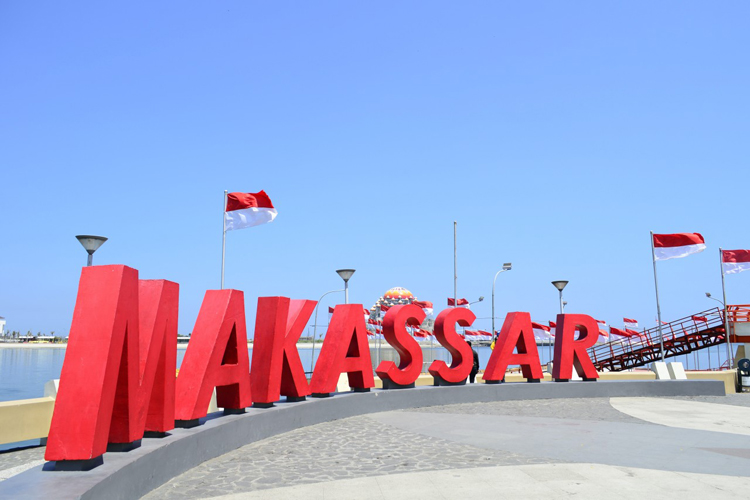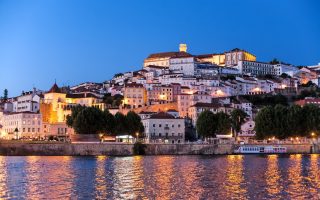kilkennybookcentre.com – Makassar, the capital of South Sulawesi, Indonesia, is a bustling port city known for its rich history, cultural diversity, and strategic importance. As the largest city in eastern Indonesia, Makassar serves as a central hub for trade, education, and tourism.
Historical Background
Makassar’s history is deeply rooted in its role as a major trading center since the 16th century. Historically known as Ujung Pandang, the city has been a melting pot of cultures and influences, from local Bugis and Makassarese to European and Chinese traders.
Geographical Setting
Situated on the southwest coast of Sulawesi Island, Makassar enjoys a strategic location with a beautiful coastline facing the Makassar Strait. The city’s geography includes bustling urban areas, scenic beaches, and nearby islands, making it a diverse and attractive region.
Economic Significance
Makassar is a key economic powerhouse in eastern Indonesia, with its economy driven by trade, shipping, and industry. The city’s port is one of the busiest in the country, facilitating the movement of goods and people across the Indonesian archipelago and beyond.
Cultural Diversity
The cultural scene in Makassar is vibrant, reflecting the city’s diverse heritage. Festivals, traditional dances, and culinary delights like Coto Makassar and Pisang Epe highlight the rich cultural tapestry that defines Makassar.
Educational and Research Institutions
Makassar is home to several prominent educational institutions, including Hasanuddin University, which attracts students from across the region. These institutions are vital for research and development, contributing to the city’s intellectual and economic growth.
Challenges and Development
Makassar faces challenges typical of rapidly growing urban areas, such as infrastructure development, traffic management, and environmental sustainability. However, these challenges also present opportunities for urban innovation and sustainable development initiatives.
Conclusion
Makassar City is a dynamic urban center that plays a crucial role in Indonesia’s eastern region. Its historical significance, economic vitality, and cultural richness make it a fascinating destination for both residents and visitors. As Makassar continues to grow and evolve, it stands poised to further its influence and importance in Indonesia and beyond.



